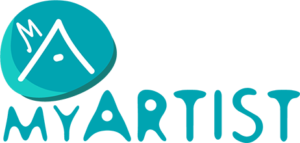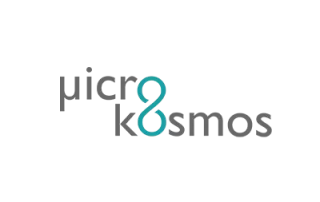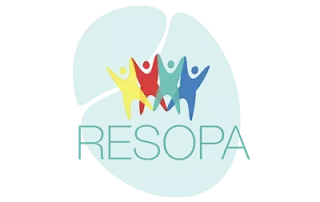
Stop Bullying

co-europe
Project co-financed by the Erasmus+ program
The Project
The project focuses on empowering youth workers through comprehensive training solutions and inventive workshop blueprints geared towards preventing and intervening in instances of bullying among young people. Partners involved aim to devise top-tier tools, enriching the expertise of these workers and enabling them to adeptly utilize engaging methods in their daily interactions. The core ambition is to equip these professionals with the expertise needed to proactively prevent bullying, with a key emphasis on ensuring these tools are transferrable for widespread impact, spanning local, national, European, and international contexts.
The Framework
This partnership, made up of 4 organizations from Italy, Greece, France and Luxemburg. All partners have experience in working with young people, organizing activities that strengthen and support youth workers and young people to take positive action, and actively participate in educational projects, intercultural activities, trainings, youth exchanges, and social inclusion activities.
In addition, all partners have a variety of expertise in formal, nonformal, and informal education and have extensive dissemination networks, including formal education institutions, public school authorities, and NGOs of youth with special needs.
The Objectives
The partnership focuses on:
- Develop an accessible anti-bullying resource designed for youth workers, complementing the consortium's training program on anti-bullying measures.
- Equip youth organizations with a holistic framework to effectively address bullying issues from an organizational perspective.
- Survey existing responses within the Youth Work sector toward combating bullying, seeking out best practices for prevention and intervention.
- Enhance the professional expertise and training standards of youth workers in dealing with these challenges.
The Target groups and Strategies
The Stop Bullying project consortium has identified three primary groups set to benefit from the project's outcomes. These include youth workers actively engaged in day-to-day interactions with young individuals, the youth community itself as secondary recipients, and a diverse array of stakeholders. These stakeholders encompass NGOs specializing in youth matters, particularly those supporting migrant, LGBTQA+ individuals, and youth with disabilities.
Additionally, the list extends to local authorities, psychology and pedagogy universities, training centers, and both European and non-European networks focused on addressing issues of discrimination, violence, and exploitation.
The Results
- an innovative curriculum for youth workers for "Effective Practices and Tools for Preventing and Addressing Bullying in Youth Work."
- interesting and interactive training materials for "Effective Practices and Tools to Prevent and Address Bullying in Youth Work" for youth workers, piloted internationally and tested locally in each partner country.
- guidelines for youth workers' creative and coping workshops, "Stories that will inspire your bullying prevention efforts," to improve participants' self-confidence, communication skills and creativity and help them adopt healthy ways of expressing unwanted feelings and emotions.
- an interactive, storytelling-based digital exhibition that provides opportunities for young people to get to know each other better, become aware of the things they have in common, better integrate into the environment, and thus reduce bullying.
- A unified and simultaneous organized awareness campaign in 4 countries, targeting youth and youth workers in social media, youth activities, schools and families, to prevent bullying and promote tolerance.
- A short-term joint staff training "Effective Practices and Tools to Prevent and Address Bullying in Youth Work" for 24 youth workers (6 per partner) and educators to develop key competencies and skills using the training course curriculum, materials and methodology.
The Partners
subscribe to newsletter
Be part of our community and get informed of all the great projects we create.



